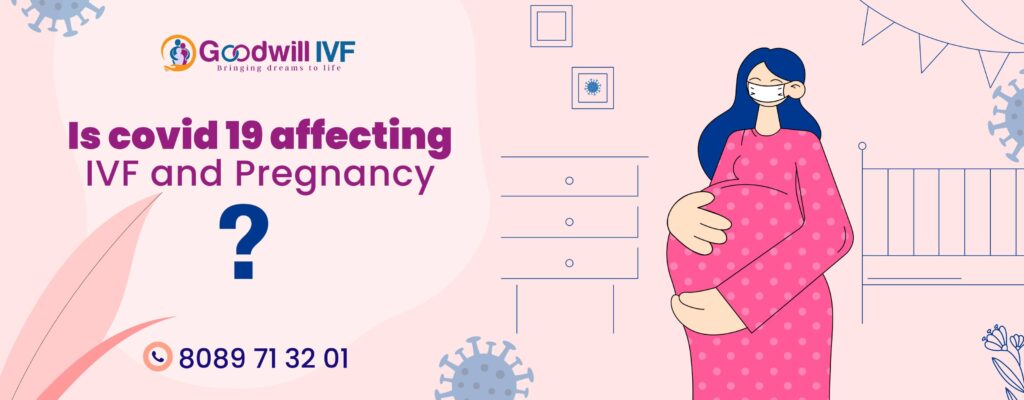Coronavirus COVID-19, also known as COVID-19, has been classified as a pandemic by the World Health Organization. All venues where a group of people can come into close contact or communicate with one another, such as theatres, schools, shopping malls, and other gathering places, are closed. A large number of clinics and hospitals are working diligently to address this crisis.
After being initially identified in China’s Wuhan district, the first Covid-19 infected patient was observed in India in January 2020, where he was treated and cured. Presently, over 2 lac people have been confirmed to be positive around the world, while more than 10 thousand fatalities have been reported in various parts of the globe. Once again, it has been demonstrated that prevention is preferable to cure.
Everyone has been instructed to refrain from taking any unnecessary trips. All of this is in addition to our encouragement to patients to use online consultations rather than visiting clinics for face-to-face consultations.
However, we are receiving patients who wish to undergo IVF or IUI procedures on a daily basis. They had already planned to undergo IVF for quite some time but were unable to do so due to the demands of their various employment and the scarcity of available leaves. Because of the forced vacation caused by the COVID pandemic, most of them are arriving to receive these treatments at this time of year.
It is a well-known fact that infertility takes a toll on the emotional well-being of both the patients and the people who care about them. Even in that case, we advise all of our patients to delay any and all fertility treatments for the time being. We recommend that you first undergo medical care (oral tablets) for the first 3 months before proceeding with IVF stimulation and implantation. Women with a low ovarian reserve may benefit from these medications since they can increase both the quantity and the quality of eggs they produce.
The best course of action if you’ve already begun stimulation is to go through ovum pickup rather than fresh embryo transfer. It is recommended that all embryos be frozen and that embryo transfer be postponed for the time being. Regardless, it has been discovered that the success rates of a frozen embryo transfer are higher than those of fresh embryo transfer. Moreover, the risk of Ovarian Hyperstimulation Syndrome has also been found to be lower in frozen embryo transfer cycles, according to research.
Even if you were planned a natural pregnancy, we would urge you to postpone it for the time being due to the current situation of an increase in Corona Virus instances. The consequences of Coronavirus on pregnancy are unknown, and as a result, influenza is more stressful on pregnant women than it is on non-pregnant women. Only because of the severity of the disease, all expecting women are given influenza vaccination shots in order to avoid the potentially harmful effects of influenza during pregnancy.
In addition, we are delaying all elective surgery in order to accommodate our patients. Only emergency procedures are being performed at this time. Consult online to determine whether your symptoms necessitate a trip to the hospital or not. Do you require immediate surgery or do you have the option to postpone your procedure?
Avoid unnecessarily long flights and hospital stays. Instead of going to the doctor in person, opt for online voice/video consultations instead.
As recommended by the European Society of Human Reproduction (ESHRE), the coronavirus effect on conception and why all infertility patients considering or planned treatment should avoid falling pregnant during this time period are explained in detail in their guidelines.
If one is already pregnant, it is recommended that you avoid any exposure to a large group of people or to anyone who has recently traveled. Self-isolation is the most effective preventative measure for you. It’s also important to maintain good personal hygiene on a daily basis. Try to limit your consultations to online appointments until and until you are asked to visit the hospital by your caretaker. Despite the fact that only a small number of pregnant Covid-19 mothers have been birthed normally, some of them have had premature births, it is still unclear if this is directly related to Covid -19 disease or not. If you notice any of the signs and symptoms of corona infection, it is best to seek treatment at a nearby facility that has been approved for Covid 19 screening and treatment. We can and will defeat COVID and infertility if we all work together.


